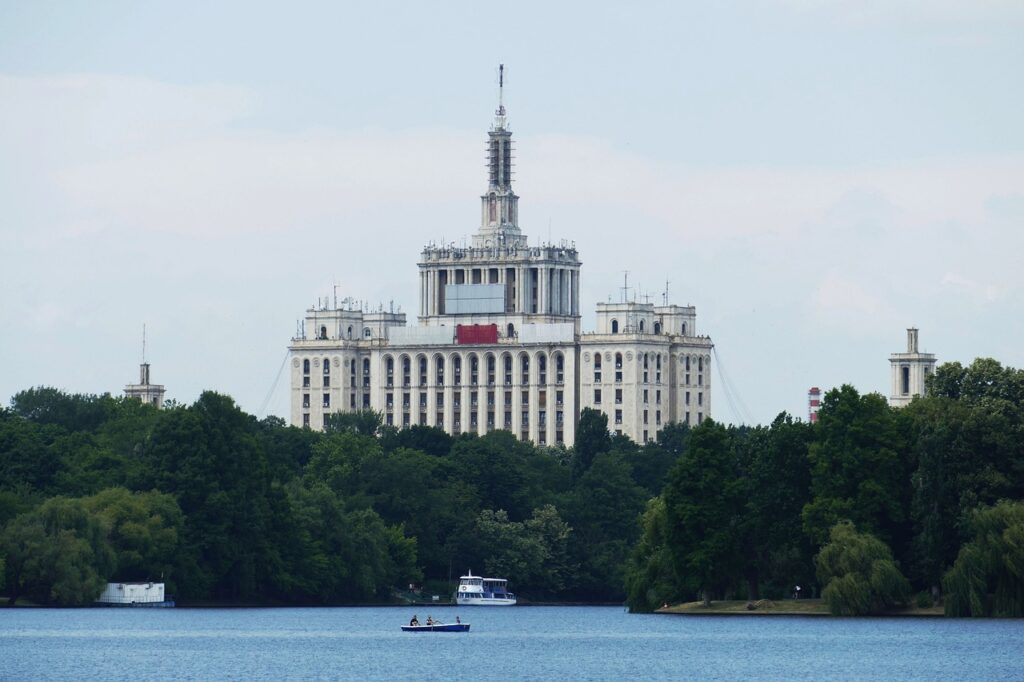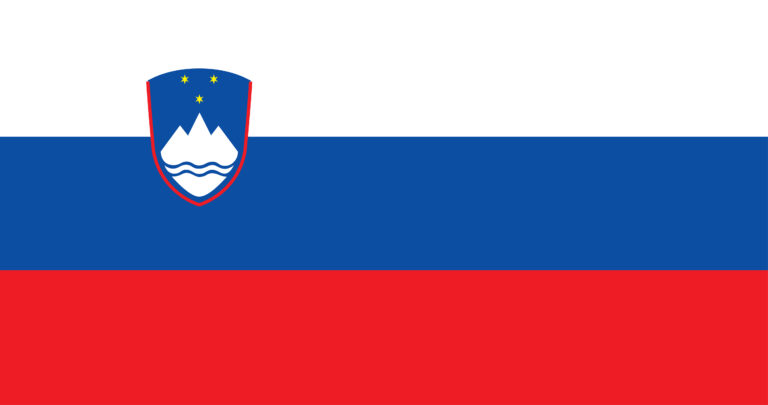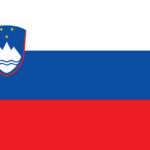Introduction
The demand for qualified physiotherapists in Europe has been steadily increasing, driven by an aging population, a rise in chronic health conditions, and an increased focus on rehabilitation and preventative care. Physiotherapy degree Romania play a crucial role in managing musculoskeletal, neurological, and cardiovascular conditions, making them integral to healthcare systems across the continent. As the profession continues to grow, obtaining a recognized and accredited physiotherapy degree is essential for aspiring professionals.
Europe offers a wide range of physiotherapy programs, and choosing the right educational destination can significantly impact a graduate’s career. Romania has emerged as a popular option for those seeking high-quality, affordable physiotherapy education. Romanian universities are known for combining theoretical knowledge with practical training, ensuring students are well-prepared for the demands of the profession.

In addition to the strong academic foundation, Romania offers promising professional opportunities for physiotherapy graduates. With its growing healthcare sector and the recognition of Romanian degrees across Europe, studying physiotherapy in Romania provides a gateway to diverse career paths both within the country and abroad.
Structure of a Physiotherapy Degree in Romania
A typical physiotherapy degree in Romania spans four years, with students required to complete 240 ECTS credits to graduate. This structure aligns with the European Higher Education Area (EHEA) standards, ensuring that Romanian programs meet the educational requirements set by the European Union for physiotherapy education. The program is divided into two main cycles: the first cycle focuses on foundational knowledge and practical skills, while the second cycle refines clinical expertise and prepares students for professional practice.
The course content of a physiotherapy degree in Romania is comprehensive, combining theoretical instruction with hands-on experience. Early years of study are devoted to building a strong understanding of anatomy, physiology, and biomechanics, which form the foundation for effective treatment techniques. Students also explore subjects such as pathophysiology, kinesiology, and biomechanical analysis, enabling them to understand and evaluate movement patterns and musculoskeletal issues in patients.
As students progress, the focus shifts to specialized areas of physiotherapy practice, including neurological rehabilitation, cardiopulmonary physiotherapy, and pediatric and geriatric care. Students also learn rehabilitation techniques, including manual therapy, exercise prescription, and modalities like electrotherapy. By the final year, students are prepared to apply their knowledge through clinical practice and patient care. This blend of theoretical and practical knowledge is critical for developing the skills needed for a successful career in physiotherapy.
Internships and clinical experience are integral components of the Romanian physiotherapy degree. Throughout the program, students are required to complete clinical placements in hospitals, rehabilitation centers, and private practices.
Admission Requirements and Process for Physiotherapy Programs in Romania
Admission to physiotherapy programs in Romania typically requires meeting both general educational requirements and specific entrance criteria. The primary requirement is the completion of a high school diploma or its equivalent, with a strong academic record, particularly in subjects related to science, such as biology, chemistry, and physics. As physiotherapy is a healthcare-related field, applicants are expected to have a solid foundation in these subjects to succeed in the rigorous academic coursework.
In addition to the high school diploma, most Romanian physiotherapy universities require students to pass an entrance exam. This exam often includes tests in biology and chemistry, assessing the applicant’s understanding of the fundamental scientific principles that are crucial for the study of physiotherapy. Some universities may also require an interview or other assessments to evaluate the candidate’s motivation and suitability for the program.
Regarding the language of instruction, many universities in Romania offer physiotherapy programs in Romanian. However, recognizing the growing demand from international students, several institutions also offer programs in English. These English-language programs are designed to attract students from abroad and provide an accessible pathway for those who are not fluent in Romanian. It is important for international students to verify the availability of English-taught courses when applying, as the specific language of instruction may vary by university.
Once accepted, students must also complete additional administrative requirements, such as registering with the university and obtaining student visas (for non-EU international students).
Romania’s physiotherapy programs are open to both domestic and international students, with universities adhering to EU educational standards. This makes Romania an attractive option for students looking to study physiotherapy in Romania, especially given the affordability and quality of education provided.
Costs and Financial Considerations for Studying Physiotherapy in Romania
The cost of studying physiotherapy in Romania is notably more affordable compared to many other European countries.
In addition to tuition fees, students should also budget for living expenses, which are relatively low in Romania compared to Western Europe. The cost of living in Romania is one of the most affordable in the European Union.

Romania’s cost-effective living environment makes it an attractive option for international students looking to study physiotherapy abroad without the financial burden that comes with studying in other European countries. In addition to low living costs, students may also have access to scholarships and financial aid opportunities. While scholarships are often merit-based, some universities may offer partial scholarships or discounts for international students.
For students seeking financial support, it is important to research available scholarships through Romanian universities and government programs. Many institutions provide information about funding options on their official websites, and students can apply for support directly through the universities.
Benefits of Studying Physiotherapy in Romania
Studying physiotherapy in Romania offers several significant advantages, making it an appealing destination for students pursuing careers in healthcare. One of the primary benefits is Romania’s healthcare system, which has been steadily improving in recent years. The country is investing in modernizing its healthcare infrastructure, offering students access to a dynamic and evolving healthcare environment.
The curriculum is in line with European Union educational frameworks, ensuring that graduates meet international standards. Romanian universities offer comprehensive programs that combine theoretical knowledge with clinical practice, which is essential for producing highly skilled physiotherapists. The degrees awarded by Romanian institutions are internationally recognized, making it easier for graduates to practice in other European countries and beyond.
In addition to the academic and professional benefits, studying in Romania offers students a unique cultural experience. Romanian cities are home to vibrant student communities and a rich history, with opportunities to explore the country’s diverse traditions, cuisine, and natural landscapes.
The benefits of studying physiotherapy in Romania extend beyond just academic achievement. The combination of low tuition costs, quality training, and international recognition makes Romania an attractive option for students seeking a solid foundation in physiotherapy while experiencing a different cultural and educational environment.
Career Prospects and Job Opportunities for Physiotherapists in Romania
The demand for physiotherapists is growing steadily both in Romania and across Europe. As the population ages and lifestyle-related diseases increase, there is a greater need for skilled professionals to manage rehabilitation, mobility, and pain management. In Romania, the expanding healthcare sector, combined with increased awareness of physiotherapy’s role in recovery, has led to an increased demand for qualified physiotherapists in hospitals, clinics, rehabilitation centers, and private practices.

Graduates of physiotherapy programs in Romania can pursue a wide range of career opportunities. One of the most common career paths is working in clinical roles, where physiotherapists assist in treating patients with musculoskeletal, neurological, or cardiovascular issues. Sports physiotherapy is another prominent field, where physiotherapists work with athletes to prevent injuries, rehabilitate injuries, and improve performance. Rehabilitation physiotherapists also play a vital role in helping patients recover from surgeries, strokes, and other long-term conditions, often working in multidisciplinary teams.
In addition to clinical roles, physiotherapists in Romania can find employment in private practices, where they may offer specialized treatments or work with patients on a one-on-one basis. Research and teaching are other avenues for graduates, especially for those pursuing further education and specialization in the field.
Romanian physiotherapists are employed across public and private healthcare settings, each offering unique opportunities. Public healthcare institutions include hospitals and rehabilitation centers, while the private sector includes private clinics and sports organizations.
The flexibility of the profession also allows for mobility within Europe, where physiotherapy qualifications are widely recognized. As such, Romanian physiotherapy graduates can pursue careers across Europe, contributing to a dynamic and diverse field.
Professional Regulation and Licensing for Physiotherapists in Romania
In Romania, the Romanian National College of Physiotherapy (CNAF) plays a central role in regulating the physiotherapy profession. This regulatory body is responsible for maintaining professional standards, ensuring the quality of education and practice, and protecting patients’ rights. All physiotherapists in Romania must be registered with CNAF to practice legally. The college also establishes the code of ethics and professional conduct for physiotherapists, ensuring that the healthcare provided meets high standards of safety and effectiveness.
To become a licensed physiotherapist in Romania, graduates must complete the necessary steps outlined by the Romanian National College of Physiotherapy. After successfully completing their physiotherapy degree, candidates are required to submit proof of their education and clinical training to CNAF for certification.
In addition to initial certification, physiotherapists are required to complete continuing professional development (CPD) to maintain their licenses. CPD activities may include attending workshops, conferences, and courses that allow physiotherapists to stay current with advancements in research, techniques, and patient care.
Overall, the professional regulation and licensing requirements in Romania ensure that physiotherapists are well-prepared to meet the healthcare needs of the population, with a focus on maintaining high standards and professional integrity. The role of CNAF is crucial in ensuring that the profession remains respected, ethical, and competent, contributing to a well-functioning healthcare system.








